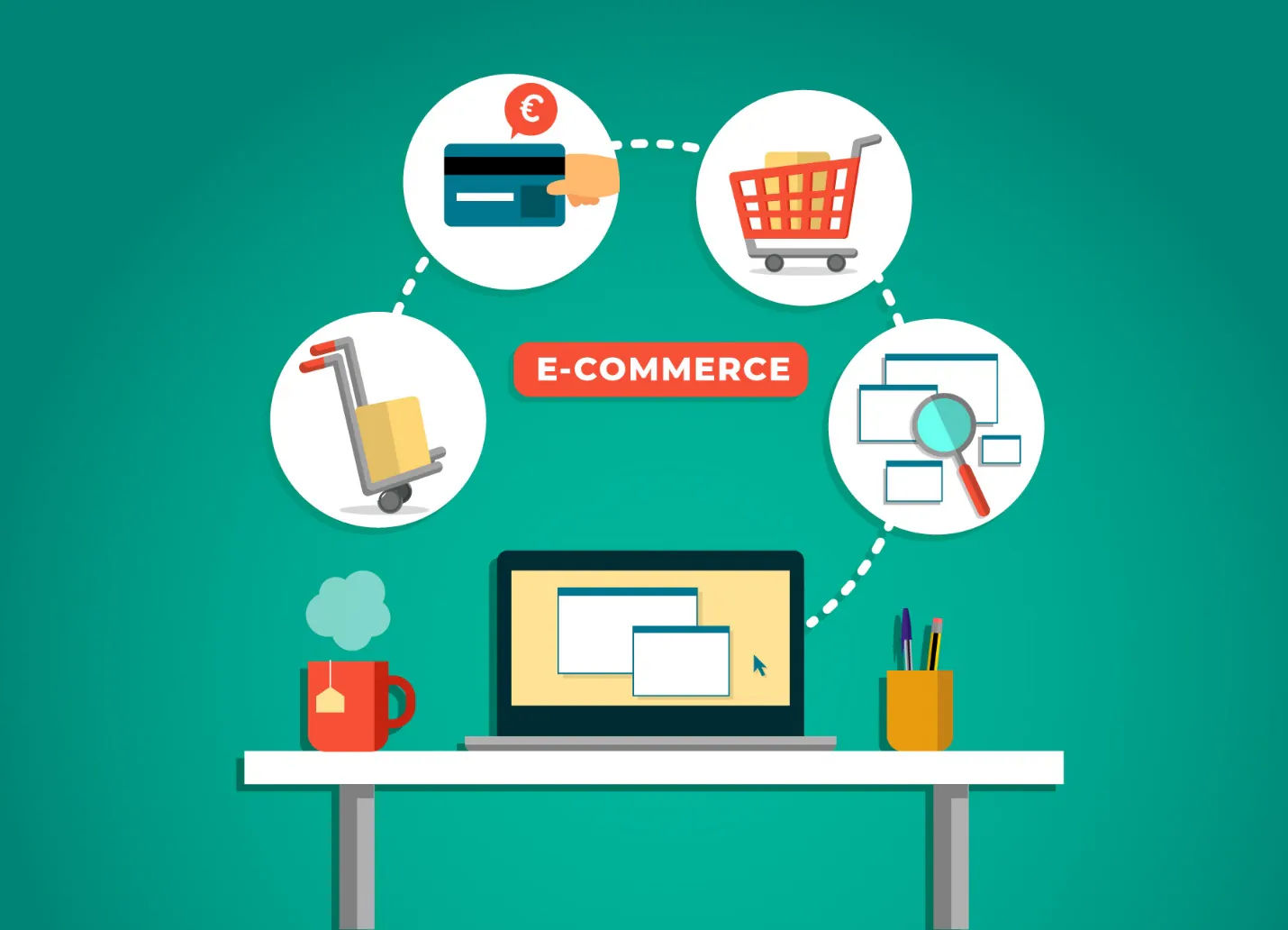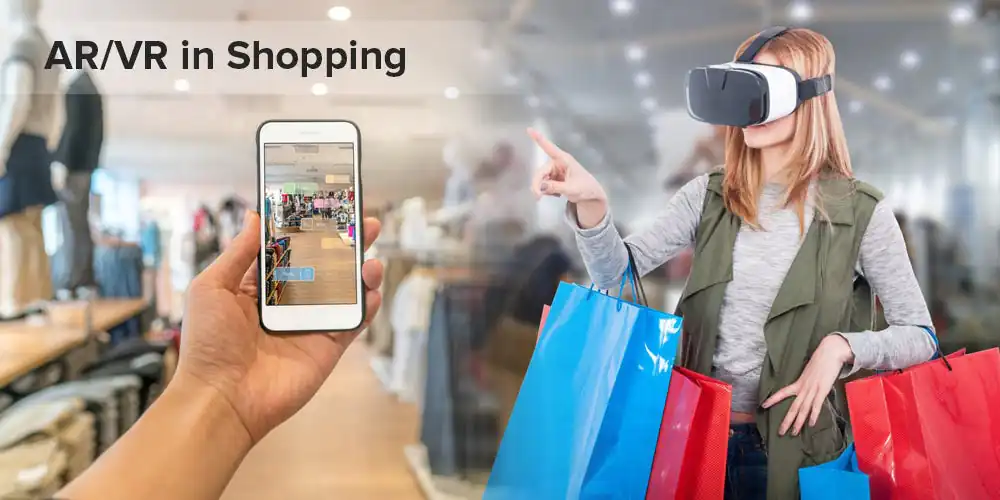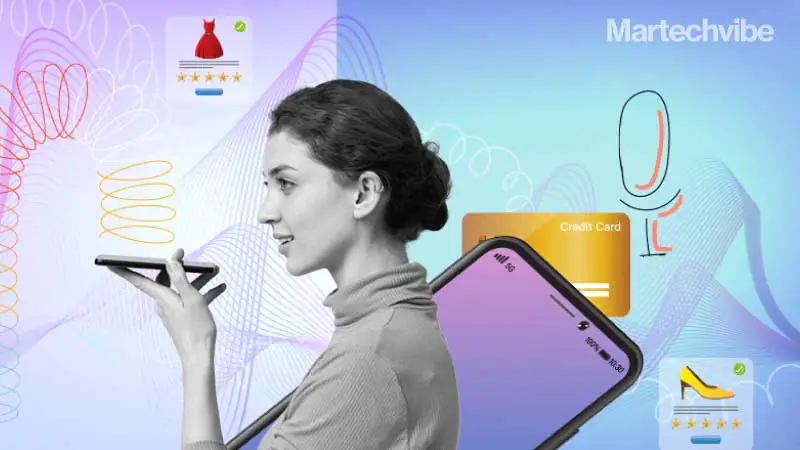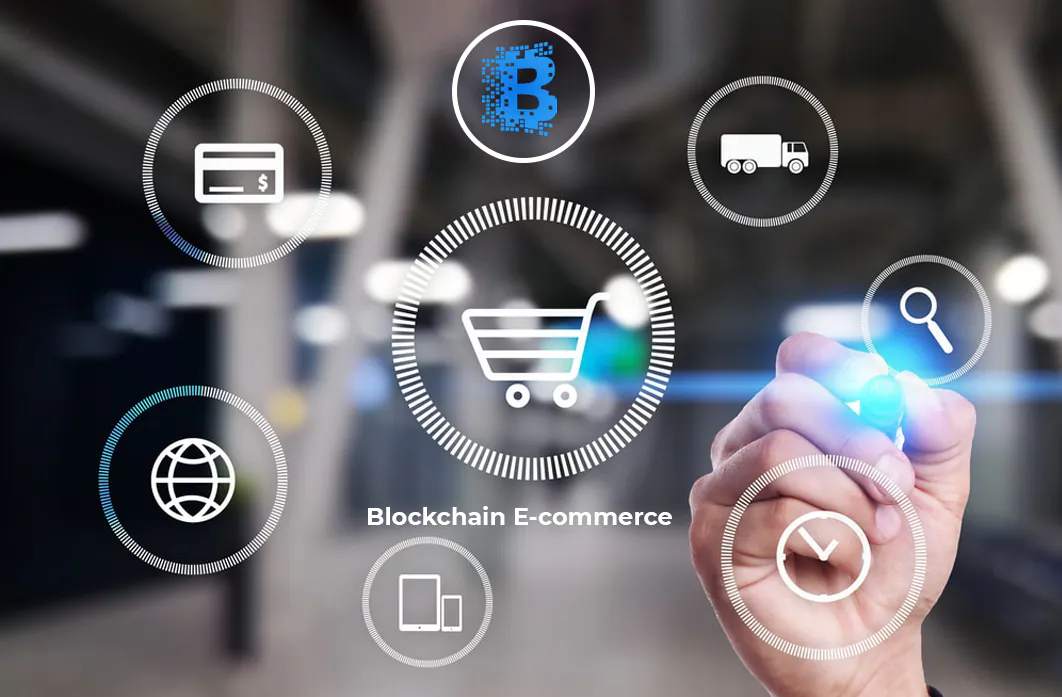
Innovative Approaches To Online Store Development
The field of online store development is undergoing a significant transformation in today’s quickly changing digital atmosphere. As businesses seek to captivate increasingly discerning consumers and differentiate themselves in a crowded marketplace, innovation has become the cornerstone of success. In this fluid ecosystem, traditional approaches give way to groundbreaking strategies that rely on revolutionary technologies and consumer insights, including platforms like Laravel web development. This blog explores the forefront of e-commerce development, where creativity and innovation converge to redefine the online shopping experience. The possibilities for innovation are limitless, from personalized recommendations powered by artificial intelligence to immersive augmented reality interfaces.
Personalization at Scale: Establishing Unique Shopping Experiences
In the digital age, the concept of personalization has transcended mere customization to become a powerful tool for enhancing the online shopping experience. At its core lies the ability to associate with consumers on a more resonant level, understanding their preferences, behaviors, and needs to deliver tailored experiences that resonate on an individual level.
Creating scalable custom shopping experiences demands a mix of technology, data analytics, and human insight. Advanced algorithms and machine learning analyze data for personalized recommendations and content. The possibilities for personalization are endless, from personalized product recommendations to targeted email campaigns. By prioritizing personalization at scale, businesses can foster stronger customer relationships, drive engagement, and, ultimately, boost conversion rates.
Leveraging Data’s Power: Making Decisions Based on Insights
Data has become a crucial component of the digital environment for well-informed decision-making, particularly in e-commerce development. Harnessing the power of data entails more than just collecting information—it’s about extracting actionable insights that drive strategic initiatives and shape the direction of online stores.
With the proliferation of analytics tools and technologies, businesses can access many data points, including customer demographics, purchasing patterns, and website interactions. Businesses can uncover valuable insights into consumer behavior, market trends, and performance metrics by analyzing this data through advanced analytics platforms.
Insights-driven decision-making empowers businesses to make informed choices at every stage of the e-commerce development process. Whether it’s optimizing product offerings, refining marketing strategies, or enhancing user experiences, data-driven insights serve as a compass for dealing with the complexities of the digital marketplace.
Integrating Augmented Reality: Immersive Shopping Experiences
Augmented Reality (AR) has revolutionized how consumers interact with products and brands in the digital realm, offering immersive and engaging shopping experiences like never before. By naturally integrating virtual essences with the real world, AR technology enables shoppers to visualize products in their environment, try before they buy, and make more informed purchasing decisions.
Integrating augmented reality into online store development opens up a world of possibilities for retailers, from virtual try-on experiences for apparel and accessories to interactive product demonstrations for furniture and home decor. With AR, customers can explore products from every angle, customize options, and even see how items fit or look in their own space, all from the comfort of their homes.
As the distinction between offline and online shopping becomes increasingly blurred, AR represents a powerful tool for enhancing engagement, reducing returns, and elevating the overall shopping experience. In the evolving e-commerce, integrating Laravel web development with augmented reality (AR) technology enhances the online shopping experience, providing consumers with interactive and immersive ways to explore products and make informed purchase decisions.
Voice Commerce: Transforming Online Purchasing
Voice commerce, using voice-enabled devices and assistants for online shopping, is rapidly reshaping e-commerce. With the rise of virtual assistants like Amazon’s Alexa, Google Assistant, and Apple’s Siri, consumers now have the power to browse products, place orders, and manage their shopping lists using nothing but their voice.
This novel approach to online shopping offers unparalleled convenience and accessibility, allowing users to shop hands-free while multitasking or on the go. From replenishing household essentials to discovering new products, voice commerce streamlines the shopping experience, making it more intuitive and efficient than ever before.
As voice technology ripens and integrates smoothly into everyday life, businesses must adapt their e-commerce strategies to capitalize on this emerging trend.
Mobile-First Design: Optimizing for the On-the-Go Shopper
Making online stores mobile-friendly has become essential for e-commerce success in today’s mobile-first world. The mobile-first design prioritizes the user experience on smartphones and tablets, adapting to the needs of the on-the-go shopper who expects seamless navigation, fast load times, and intuitive interfaces.
With mobile devices accounting for a noteworthy share of online traffic and transactions, businesses must embrace a mobile-first approach to ensure their websites are responsive, visually adorable, and effortless to operate across various screen sizes and devices. From streamlined checkout processes to mobile-friendly product catalogs, the mobile-first design focuses on delivering a frictionless shopping experience that keeps customers amused and delighted.
By embracing mobile-first design principles, businesses can unlock new growth opportunities, expand their reach to mobile-savvy consumers, and stay competitive in an increasingly mobile-driven marketplace. In this context, companies can explore solutions like alvacommerce.com, which offers expertise in mobile optimization strategies, empowering brands to enhance their online presence and seamlessly cater to the evolving needs of mobile shoppers.
Social Commerce Strategies: Profiting from Social Platforms for Sales
Social commerce has emerged as a powerful force in e-commerce, blurring the lines between social media and online shopping. With billions of diligent users on venues like Facebook, Instagram, and Pinterest, social commerce offers businesses unprecedented opportunities to connect with customers, showcase products, and drive sales directly within the social ecosystem.
Businesses strategically engage audiences on social platforms, increasing trust and loyalty. Through shoppable posts, live events, influencer collaborations, and user-generated content, brands connect with consumers where they spend time online, adapting to evolving trends.
Blockchain in E-commerce: Securing Transactions and Building Trust
Blockchain technology transforms e-commerce with unparalleled security and transparency in transactions. It acts as a decentralized ledger, ensuring tamper-proof record-keeping and reducing fraud risks. In e-commerce, blockchain streamlines supply chains, verifies product authenticity and enables secure peer-to-peer transactions. Its transparent and immutable nature instills consumer confidence, fostering loyalty. Blockchain’s smart contracts automate and enforce agreements, enhancing efficiency and cutting transaction costs. As e-commerce grows globally, blockchain addresses trust, security, and accountability challenges, revolutionizing online transactions.
Conclusion
In conclusion, adopting novel strategies for e-commerce development is essential to maintaining an advantage in the expanding digital market. From personalization and data-driven decision-making to augmented reality and blockchain integration, these strategies redefine the online shopping experience. For businesses seeking to thrive, continuous adaptation to emerging technologies is paramount. As you deal with this evolving setting, consider alvacommerce.com as a partner in implementing these modern solutions. With Laravel web development, take advantage of the power of advanced e-commerce development tools to elevate your online store, magnetize customers, and pave the way for sustained success in the frequently expanding world of digital commerce.










